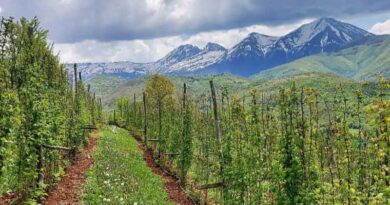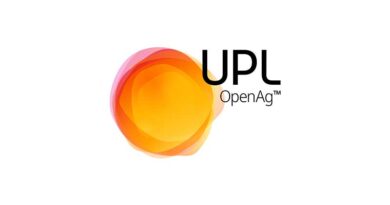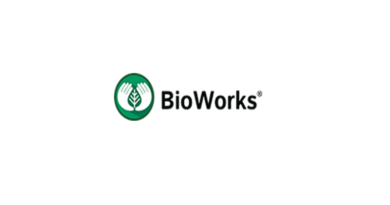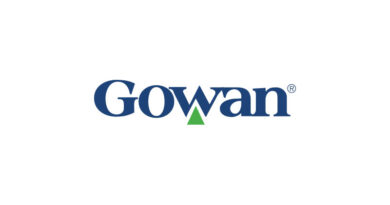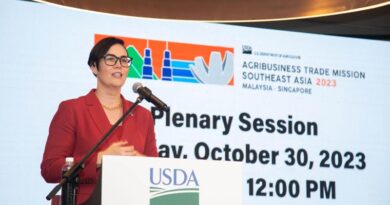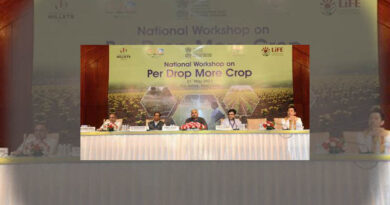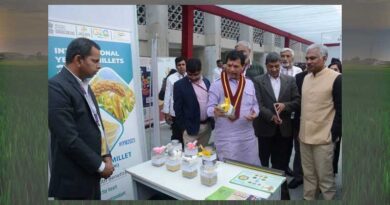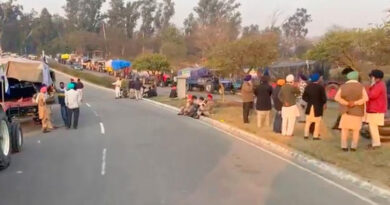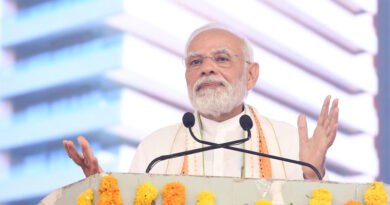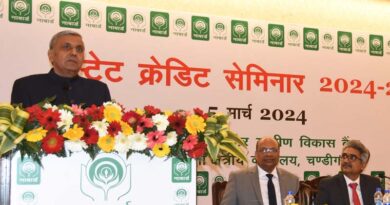Boosting Millet Production: ICRISAT Joins Forces with the Assam Millet Mission
11 November 2023, Hyderabad: The International Crop Research Institute for Semi-Arid Tropics (ICRISAT) and the Government of Assam, India, have joined forces to advance climate-resilient and nutritionally enhanced food systems through the Assam Millet Mission.
At the heart of the partnership is Assam’s goal of boosting the cultivation, production and consumption of three native millet crops: Finger millet (Maruadhan), Foxtail millet (Kauni Dhan), and Proso millet (Cheena Bajra).
Presently, millets are only cultivated across 6,000 hectares of land in 15 districts of Assam, including Nagaon, Bongaigaon, and Dhubri, contributing 97 per cent of the State’s millet production.
Given Assam’s vulnerability to floods and its ancient preference for rice over millets, there’s a growing imperative to transition toward diversified agriculture that incorporates resilient and nutritious millets.
Director General of ICRISAT Dr Jacqueline Hughes, lauded the partnership and hailed the Millet Mission as pioneering, particularly considering the region’s limited history of millet consumption.
“As the world’s largest millet producer and a driving force behind the International Year of Millets 2023, India stands at the forefront of the resurgence of millets.
“ICRISAT is delighted to contribute its deep expertise in millet research to complement Assam’s visionary approach and ambitious millet value chain targets,” said Dr Hughes.
The project will commence by introducing three millet types grown in Assam and will continue along the value chain to include:
- Empowering stakeholders through extensive training in various areas, such as farming practices, seed production, and new recipe development;
- Developing and implementing a strategic plan to promote the marketing and export of millets and millet-based products from Assam; and
- Developing and introducing scientifically validated nutritious millet-based recipes, ready-to-eat (RTE) and ready-to-cook (RTC) food products, adapted to local taste preferences, into the Prime Ministers’ PM-POSHAN Scheme (mid-day meal scheme for children in government primary and upper primary schools, and Anganwadis or government-funded child and mother care centers.
Revolutionizing Millet Cultivation
ICRISAT is also collaborating with the Assam Agricultural University (AAU), private seed companies, and more than 7,000 smallholder farmers to enhance millet seed and associated production systems.
Researchers are utilising modern breeding and genetic tools to ensure seed purity and quality. They are also exploring new breeding materials suited for millet farming in Assam.
Nurturing Nutritional Security
Dr Saikat Datta Mazumdar, Cluster Leader, Nutrition, Dietary Behavior, and Smart Food at ICRISAT, highlighted the Institute’s use of innovative technologies to overcome the ‘inter-generational cycle of malnutrition’ and enhance the nutritional values of mid-day meals at schools and supplementary nutrition meals at Anganwadi centres.
He stressed the importance of increasing awareness about the health benefits of millet and recipe preparation among mothers and Anganwadi workers in the region. He noted that these innovations will significantly benefit children and women – boosting millet consumption and food security, particularly in rural households in the State.
A Flourishing Millet Industry
The newly forged partnership reflects ICRISAT’s unwavering dedication to enhancing the millet value chain in Assam.
This commitment encompasses evaluating market opportunities, formulating marketing and export strategies, and pinpointing consumer demographics and product offerings tailored for both local and international markets.
Dr Victor-Afari Sefa, Global Research Program Director, Enabling Systems Transformation, ICRISAT, concluded, “ICRISAT brings a rich pool of multidisciplinary knowledge and expertise to elevate the millet value chain in Assam, towards offering significant nutritional benefits and laying the foundation for a more resilient future for the region.”
Also Read: Hidden costs of global agrifood systems worth at least $10 trillion
(For Latest Agriculture News & Updates, follow Krishak Jagat on Google News)



